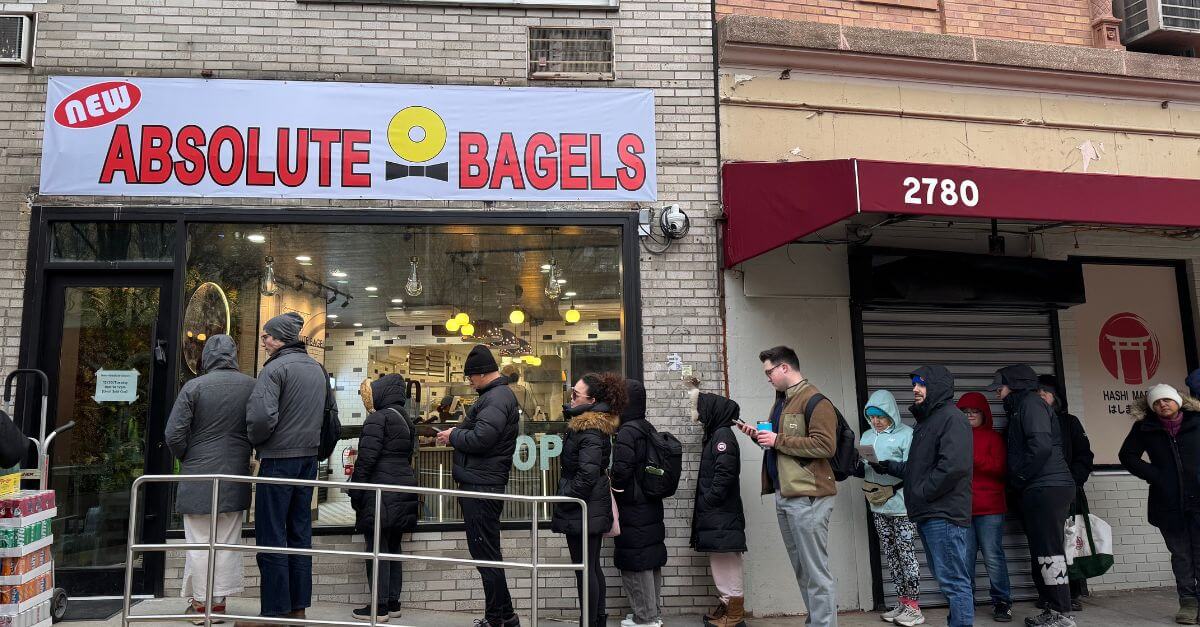For Millenials, virtual Shabbat motivates neighborhood connections

Graphic by Angelie Zaslavsky
At 5 pm on Fridays, Julia Logan pushes back her desk, moves her work screen aside and dims the lighting. In her small apartment dining room, amidst twinkling lights in mason jars, she sets a Shabbat table for one and joins a Zoom call of seven other young adults in Chicago, and across the country.
Virtual community, with all its glitchy, pixelated imperfections, has become a welcome touchpoint amidst solitary handwashing and sanitizing. For many Jewish millennials, living far from family and remaining socially distant from friends, virtual Shabbat dinners have offered a way into community, tradition, and what it means to serve others.

A Zoom screen shows a Virtual Shabbat dinner hosted by Repair the World and OneTable.
Logan, 31, field manager at the Jewish non-profit OneTable, has been hosting Virtual Shabbat dinners in partnership with Repair the World, a service-learning non-profit. For the past month, Repair the World and OneTable have brought together young Jewish adults and inspired acts of service, virtual or IRL, during this time of prolific need. The gatherings have brought together hundreds of young adults and inspired actions that reverberate past the four walls of cramped city apartments.
Program Coordinator Melissa Schwarz described Repair the World’s goals as threefold: model and engage acts of service, ignite hyperlocal communities, and provide a community for Jewish young adults who might otherwise be going it alone. While the Shabbat table is virtual, the chance to reset and connect remains the same.
For Lauren Fredericks, 30, bilingual school counselor, who is staying at home in Long Island, the virtual dinners have been an opportunity to practice the rituals associated with Shabbat and connect with people her age. She shared the virtual Shabbat table with seven other young people, former strangers—except the host. “It turned out I knew the host because we both taught English in Madrid for a year,” said Fredericks. It appears Jewish geography is an essential service.
With her mom in Florida, and her friends equally housebound in the New York area, Fredericks’ radius for in-person contact has shifted dramatically. Virtual Shabbat, she said, encouraged her to communicate with neighbors and exchange phone numbers. Her new contacts came in handy as she searched for yeast for last Friday’s Shabbat challah. “I texted everyone. No one had it. But it was nice to reach out and communicate with them.”
Yeast remains scarce, but young adults tapping into their hyperlocal community are in surplus. Virtual Shabbat guests have made meaningful connections with new people over a shared tradition. The events have motivated people to find connections outside the virtual space, too. Logan said the virtual meetings led to text chains offering Costco runs and friendly waves across apartment courtyards.
Jamie Fuhrman, 24, who works in financial security and lives in Lincoln Park, Chicago with a roommate, noticed people lining up outside nearby St. Josaphat Church. He walked over and learned that it housed a food pantry, where he made a donation. Fuhrman credits his observation to the virtual Shabbat’s emphasis on the hyperlocal and his renewed focus on his neighborhood.
“Sometimes it just takes a little bit of oomph to get to that point of taking action,” said Fuhrman.
Amy Balmuth is a Chicago-based writer. Find her in real life riding the CTA, or online at www.amybalmuth.com.















